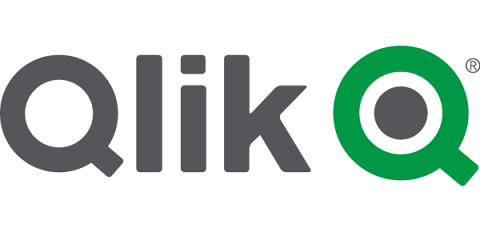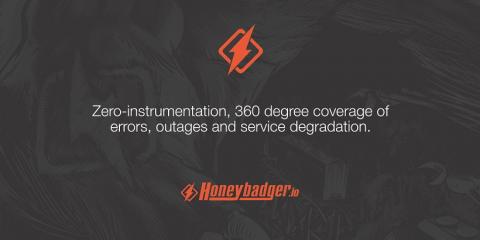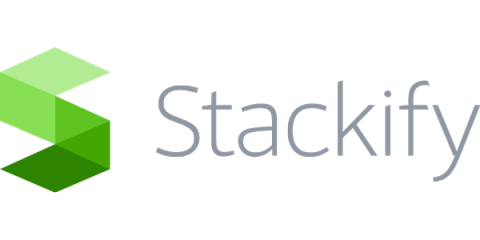Systems | Development | Analytics | API | Testing
%term
Ecommerce Analytics: 19 Tips for Measuring Your Store's Performance
How to Predict Your Company's Performance During Uncertain Times
Qlik Sense and QlikView Earn 2020 Top Rated Awards From TrustRadius
We are proud to announce that TrustRadius has recognized Qlik with two 2020 Top Rated Awards. The awards highlight Qlik Sense and QlikView in the Business Intelligence and Data Discovery and Visualization categories.
Rails Performance: When is Caching the Right Choice?
We've all been there. You're clicking around your Rails application, and it just isn't as snappy as it used to be. You start searching for a quick-fix and find a lot of talk about caching. Take your existing app, add some caching, and voila, a performance boost with minimal code changes. However, it's not this simple. Like most quick fixes, caching can have long-term costs.
Learn Jenkins: Top Jenkins Tutorials and Resources
If there’s one thing SRE professionals and Development engineers lack, it’s time. After all, engineers need to oversee a variety of processes—like ensuring operational stability, conducting integration testing, and maintaining cybersecurity—to make sure their apps are working optimally. The list goes on and on. With heavy workloads and tight deadlines, there’s little time to waste on software issues stemming from internal collaboration issues.
Decision Making in Uncertain Times
Leaders know that making good, fast decisions is challenging under the best of circumstances. But, the trickiest decisions are those we call “big bets” – unfamiliar and high-stakes decisions. When you have a crisis of uncertainty, such as the COVID-19 pandemic, which arrived at overwhelming speed and enormous scale, organizations face a potentially paralyzing volume of these big-bet decisions.
Data Engineering with Data Hub on CDP
100+ Managers Share Their Best Advice for Managing Remote Teams
Load Testing Your API with Postman
In this article, I'll explain how to use a Postman collection I have created to load test our instance of our test API. The process is pretty straightforward, as is shown below. You need to feed your exported Postman collection to our postman-to-k6 converter, and use the generated k6 script to load test your own API.










